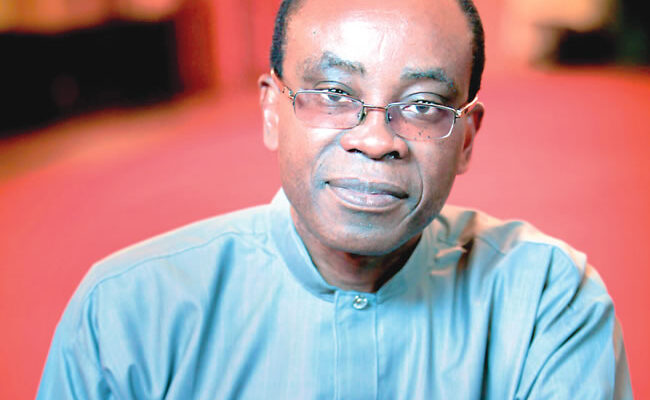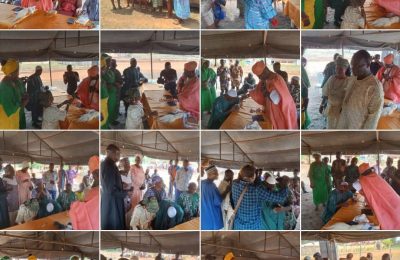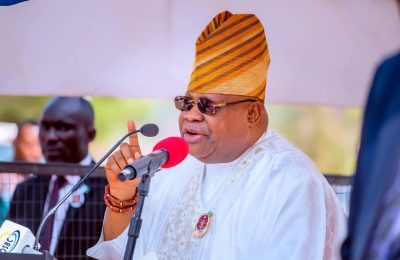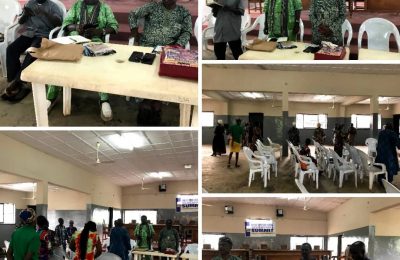
By Paul Omorogbe

An environmental activist and Director of Health of Mother Earth Foundation (HOMEF), Nnimmo Bassey, has called on the Lagos State government and its contractors to stop the dredging of Makoko waterfront and pay attention to its teeming population of residents.
According to him: “There is need for government to have open conversations with the people who have deep knowledge of the environment and have made massive economic contributions to the State. The idea of using development as a foil for grabbing waterfronts, displacing and destroying the lives and cultures of the people must be halted.”
Bassey added that “Makoko and other underserved communities in Lagos and elsewhere in Nigeria, deserved to be upgraded with adequate supply of social services and not displaced for the benefit of land speculators and other forces of accumulation by dispossession.”
It was gathered that the Lagos State government had awarded a contract for dredging and “reclaiming” the waterfront of the community.
Makoko is an important fishing community located in Yaba Local Government Area of Lagos State, overlooking the Third Mainland Bridge.
The community faces imminent displacement threats. The threat is triggered by on-going dredging of the lagoon and waterfronts in the community. This has destabilised the natural equilibrium of the lagoon ecosystems, and is impacting the people’s livelihoods and raising the spectre of flooding which could ultimately lead to permanent displacement of the inhabitants of Makoko.
HOMEF stated that having listened to distress calls by some Makoko community members, it embarked on a field study in Makoko for assessment of the issues.
According to HOMEF, in recent years, demolition threats have hung heavily over the community. The people fear that what happened in Maroko in 1990, which had 300,000 persons displaced and many lives lost, may be visited on them. It will be recalled that in 2012, the government of Lagos State demolished parts of Makoko community after purportedly giving them only 72 hours’ notice.
Less serviced communities in Lagos have faced similar fates with human rights abuses and deaths trailing such assaults.
Otodo Gbame suffered same fate on April 9, 2017 when the community woke up to see that it was surrounded by heavily armed policemen as their homes were destroyed. A more recent demolition happened in Monkey Village also in Lagos.
HOMEF believes that flood prone cities such as Lagos should cease the acts of so-called land reclamation as such activities worsen the crisis and reduce the city’s climate change resilience.
“Wetlands must remain wetlands and people who have kept such ecosystem balances should be supported and not criminalized or victimised,” stated HOMEF in a release.
READ ALSO FROM NIGERIAN TRIBUNE







